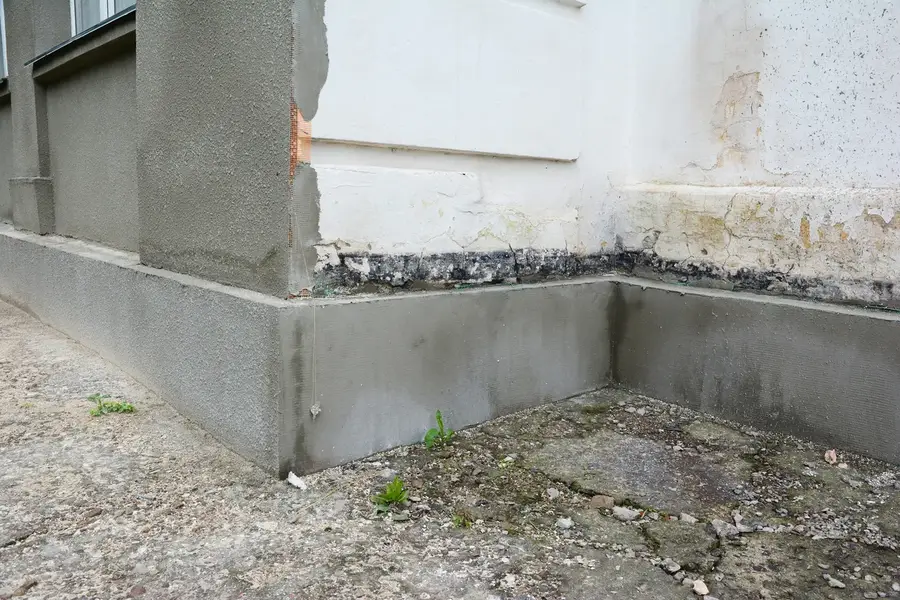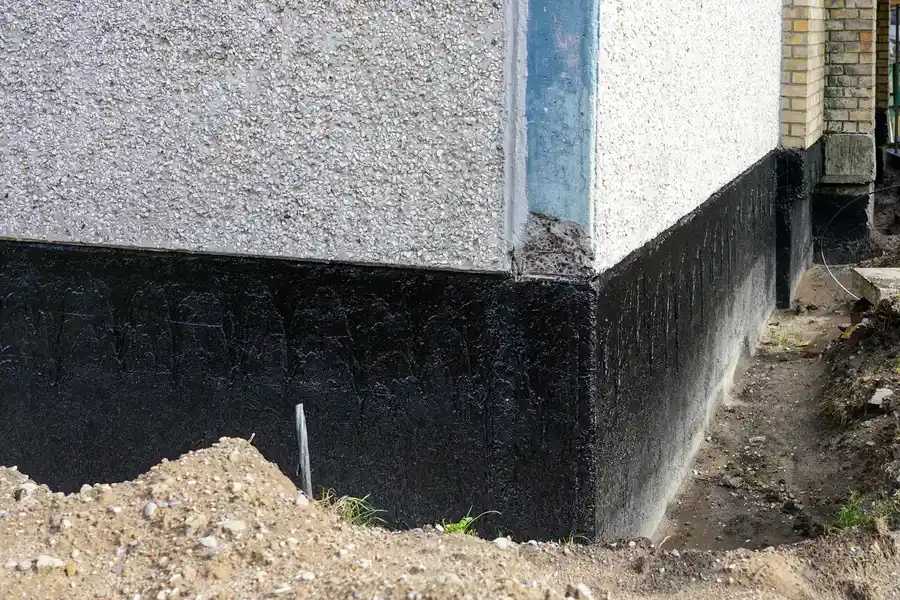The Role of Climate in Maintaining Strong Foundations
The integrity of your home’s foundation is crucial to its overall stability and safety. Various weather conditions, such as heavy rain, drought, or extreme temperatures, can significantly affect the ground beneath a house. These changes might lead to shifting, cracking, or even sinking of the foundation. Understanding how different climate factors impact your home can help you take proactive steps to maintain and protect it.

Impact of Heavy Rainfall on Foundations
Heavy rainfall can greatly affect the soil around your house. When the soil absorbs excess water, it expands. This expansion puts pressure on the foundation walls, which may cause cracks or shifts. If left unchecked, this may eventually lead to the need for house foundation repair. To mitigate these effects, ensure proper drainage around your property to direct water away from the foundation.
Drought and Its Effect on Soil Stability
During periods of drought, the soil loses moisture and contracts. This shrinkage can create gaps between the soil and the foundation. As a result, your home’s foundation might settle unevenly. When addressing issues related to drought effects, timely house foundation repair becomes necessary to prevent further damage. Regular watering of the soil during dry spells can help maintain its stability.

Temperature Extremes: A Hidden Threat
Extreme temperature changes can also impact the integrity of a house’s foundation. During hot weather, soil can crack and dry out, leading to similar effects as those seen during droughts. Cold temperatures, on the other hand, cause soil to freeze and expand. Repeated freezing and thawing cycles put stress on the foundation, potentially causing cracks. Monitoring and maintaining a stable environment around your home will aid in minimizing these risks.
Soil Types and Their Influence on Foundations
The type of soil under your home plays a significant role in how weather affects your foundation. Clay soils tend to expand more when wet and contract when dry compared to sandy soils. Homes built on clay are more prone to shifting and settling issues. Conducting soil tests before building or buying a home gives you insight into potential issues and lets you plan accordingly.
Preventive Measures for Protecting Your Home
To safeguard your home against weather-related foundation problems, consider implementing preventive measures:
- Install an effective drainage system to manage rainwater.
- Maintain consistent moisture levels in the soil through regular watering.
- Inspect your foundation regularly for cracks and address them promptly.
- Use landscaping techniques that enhance water absorption away from the house.
The Importance of Professional Assessments
Regular inspections by a professional can identify early signs of foundation issues caused by weather changes. Experts use advanced tools and techniques to analyze your home’s foundation condition. They provide recommendations tailored to your specific needs, ensuring long-term stability and reducing the likelihood of costly repairs in the future.
Conclusion: Ensuring Long-Term Stability
Understanding how weather conditions affect your home’s foundation is key to preventing severe damage. By taking preventive measures and seeking professional assessments, you can maintain a strong and stable home environment. Located in Kirkland, WA, we offer expert services tailored to your needs. Contact us at (425) 663-5441 for comprehensive support and solutions tailored by New Horizon General Contractor LLC.
